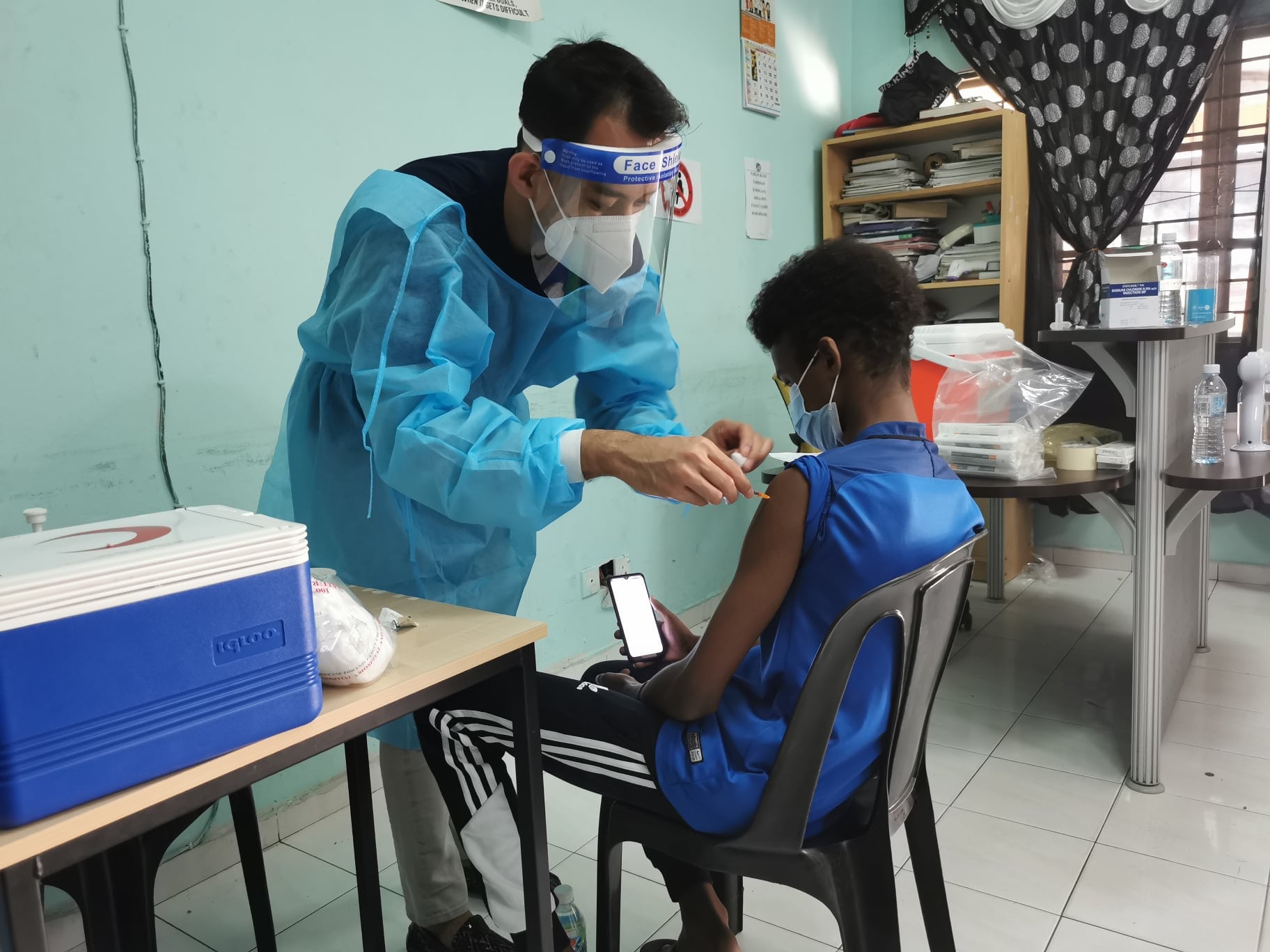KUALA LUMPUR, Feb 21 – Marginalised children, including refugee, migrant, and stateless children, should have universal access to health care services and medical fees waived, an expert on children’s health said.
Senior consultant paediatrician and researcher Dr Amar-Singh HSS has called for legislation that guarantees all children living in Malaysia a right to health care, regardless of their legal status, in line with Article 24 of the United Nations Convention on the Rights of the Child (UNCRC), which Malaysia is a signatory of.
“In line with the UNCRC Article 24, all children, regardless of status, should have universal access to health services, including hospitalisation, treatment of illness, and rehabilitation of health. Prohibitive and expensive fees or charges should be removed.
“There is a need for the government to respect the basic child rights in the UNCRC and provide routine, free primary health care and immunisation to all children in Malaysia, regardless of their status.
“No children should be denied basic immunisation or health access when necessary,” Dr Amar said at the Medico-Legal Society of Malaysia’s (MLSM) recent “Speaking for the Unspoken – Children of a Lesser God” webinar.
Dr Amar said children from marginalised communities often face many barriers in accessing health care, which include fear of being deported, poverty, work mobility, language, and the lack of respect and treatment received from health staff.
He also noted that while government-run public health care facilities are accessible to “foreigners”, they are at a much higher cost compared to Malaysian citizens, which are often out of reach for most migrant, refugee, and stateless families.
Health care for ill children who require hospitalisation or to see a specialist is even worse, Dr Amar said.
“While admission is possible for life-threatening illnesses, guardians still have to pay high fees for hospitalisation, procedures, and medications, putting such health care out of the reach of many (admission deposits range from RM500 to RM1,200 depending on the category of illness).
“Some who are admitted are denied a discharge until they can settle the bill. Currently, various funding mechanisms are used to support these children, including CSO funding, ethinc or country-based non-government organisations raising funds, public fundraising, or collections by the Ministry of Health (MOH) staff.
“Note that the hospital director can waive ward charges. At discharge, these children, even with chronic problems, are only given five days’ worth of medication with no follow up.
“MOH guidelines require health staff to report all undocumented foreigners to the Immigration Department or Police – this happens even at the time of a birth of a child,” Dr Amar said.
Dr Amar said all children with chronic illnesses should be given appropriate health care and medication, while migrant, refugee and stateless children or families need to be protected against arrest and detention when they seek health care at hospitals and clinics.








